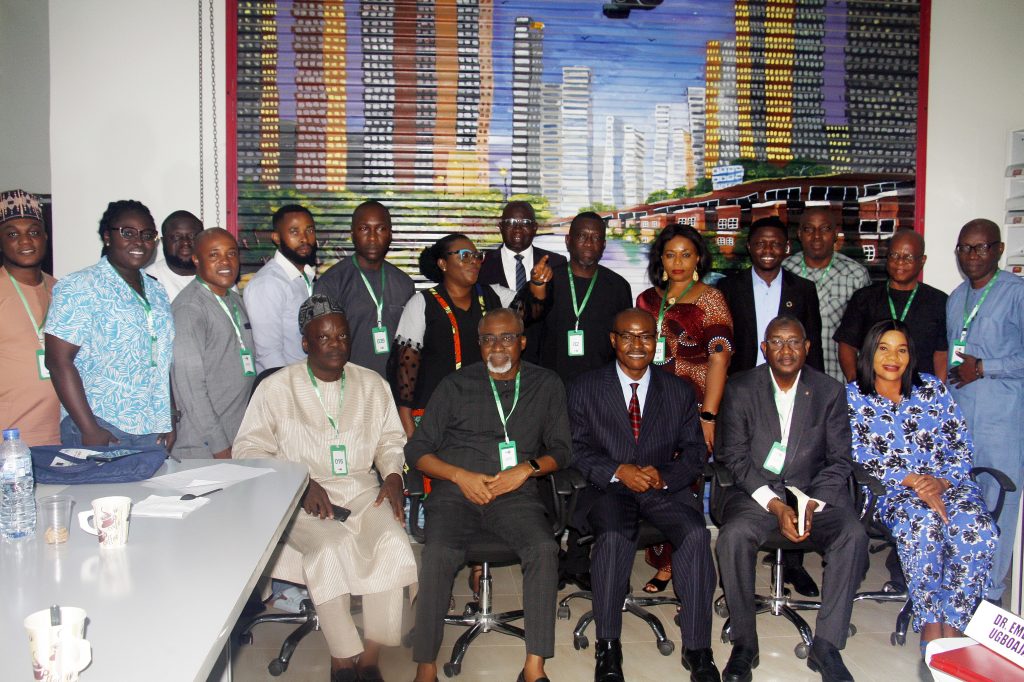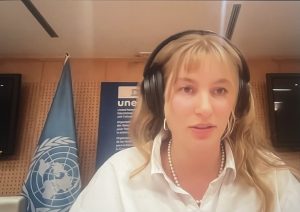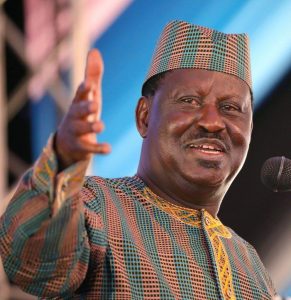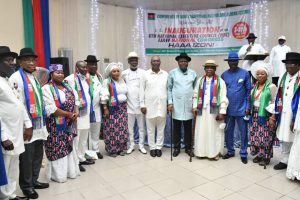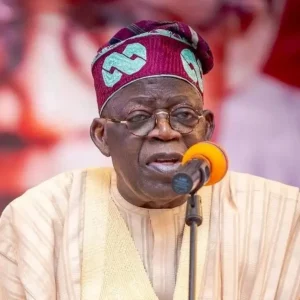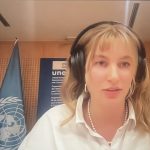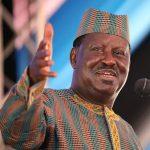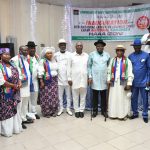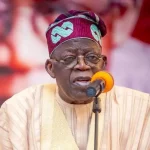At the Peace Journalism and Consolidation of Democracy dialogue held in two Cities in Nigeria – Abuja and Enugu, top editors, reporters, and politicians explored the contours of journalism practice in the face of a country mired in conflict and recriminations. Former National President of the Nigeria Union of Journalists and Senior Special Assistant to the President on Public Affairs and Strategy, Office of the First Lady, Mallam Sani Zoro, Senator Enyinna Abaribe of Abia State, Deputy Director, Independent National Electoral Commission (INEC), Dr. Chukwuemeka Ugboaja, Prof. Tapio Varis – Former Chair of e-Learning UNESCO, and Ayce Bukulmeyen Ozerdem, a Washington D.C. – based journalist and certified mediator led discussion at weeklong event.
In a remark, Ayce Ozerdem urged the media to ensure that their reports promote peace building in the society. Citing her recent study, Ayce confirms that the war journalism framework was more assertive than peace journalism within the lens of ‘us and them’ approach. The language used in the media during crises tended to have racial undertones and heavily condescending to the other side. There are only a few positive news examples or feeble voices which are more peace journalism oriented. In the qualitative research, journalists who have been working in the media sector for more than five years were asked six questions including whether journalists take responsibility for news outcomes, as well as the priorities they set when making the news, how they perceive the conceptual difference between being objective and fair, and as journalists if they were aware of their role in shaping the social structure? The analysis of the responses showed that there is a wide range of approaches to the media’s role in conflict resolution and peacebuilding processes.
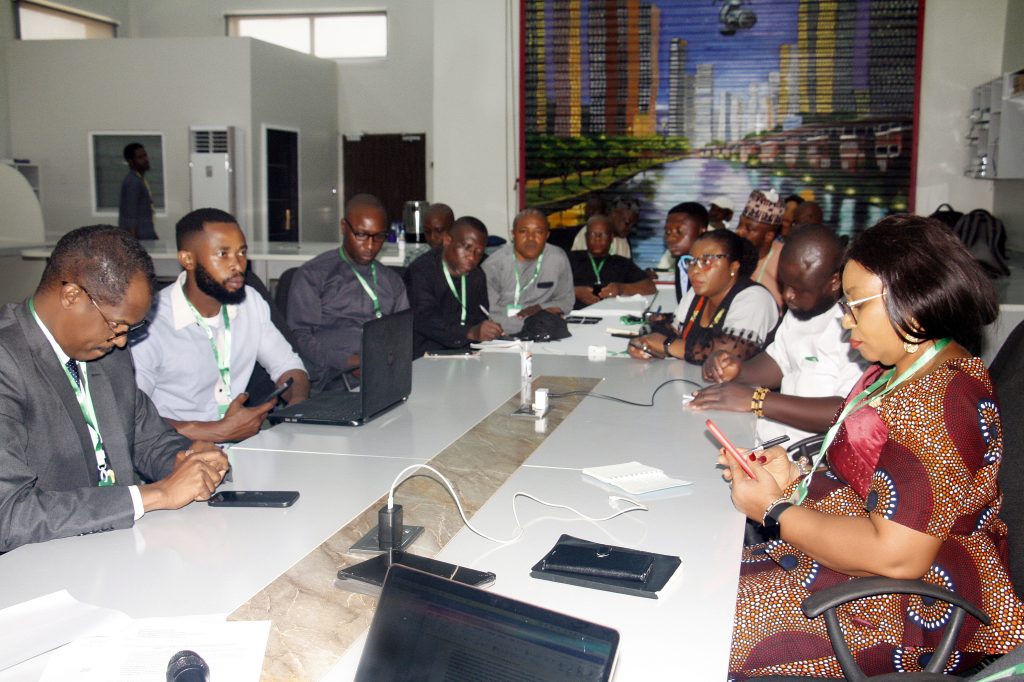
The strongest argument against Peace Journalism was around the concern of risking the truth by adhering to peace journalism for the sake of peace. There is an overall consensus over the necessity of incorporating the values in journalism, such as being impartial and fair, but there are different opinions about the conceptual relationship between the fair and balanced mantra in journalism practice. Although journalists are quite sensitive to social balances, the responses indicated a clear demand for big headlines, and high ratings in the media. Peace journalism is also accused of trying to create peace artificially or from nothing, which is again something that peace journalism never aims for or even could possibly do. The respondents underline the fact that media organizations are often responsible for their finances and profits, and because of that, they need to bear in mind the particular interests of their readers and preferences in what types of news they seem to pay more attention.
On the question of what role the media plays in peace and conflict environments, journalists can play an essential role in shaping the prospects of peace, conditions of war or consolidating democracy in society with their constructive or destructive approaches. On the question of journalists’ approach to peace journalism, the results of the survey with journalists showed that some of the respondents did not believe in the concept of Peace Journalism and its necessity, and they were not aware of the domino impact that their news reports tend to create.
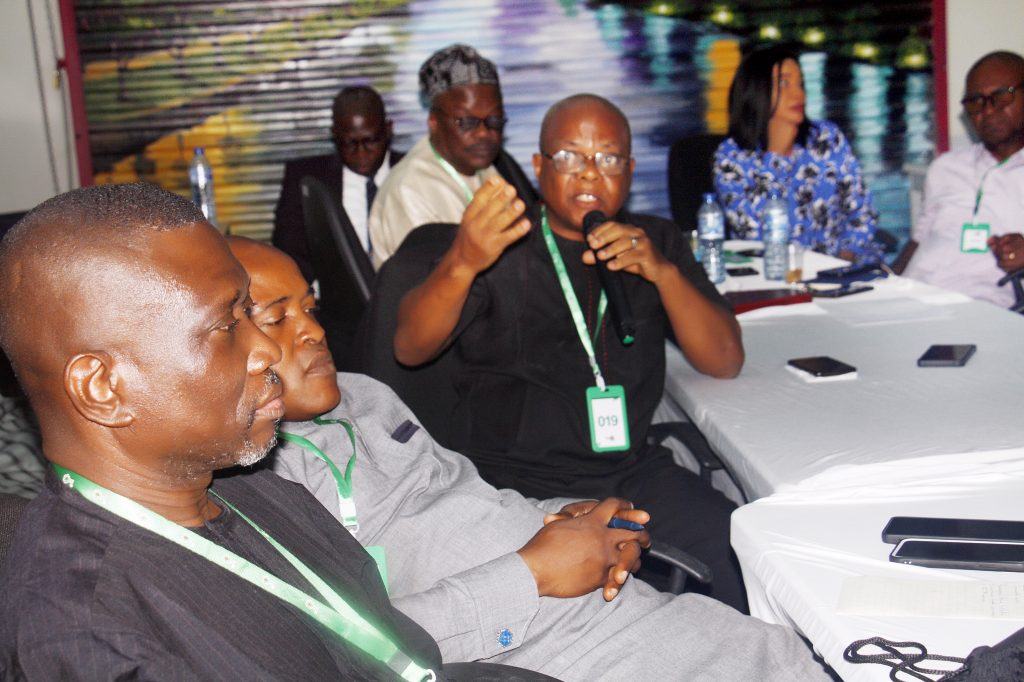
TO PRACTICE PEACE JOURNALISM, journalists should provide in-depth analysis with their reports, not only reports of events. Galtung claims that Peace Journalism gives a more realistic image of what goes on in the world. So, with the insight provided by journalists, public awareness will increase and this helps to build a stronger civil society. In practice, journalists should never forget that peace starts to become meaningful when it involves ordinary people in its implementation, which is one of the most critical requirements of successful peacebuilding. In that sense, all stakeholders in society should be invited to consider and make suggestions on peace, positive peacebuilding, and building a stable democracy rather than relying only on the opinion of the political class.
The Seniors Special Assistant to the President on Public Affairs and Strategy, Office of the First Lady, Mallam Sani Zoro has called on the International Journalism Institute to include security studies and peace journalism among the mass communication courses. He said that security studies would give the citizens the opportunity to defend for themselves during crises.
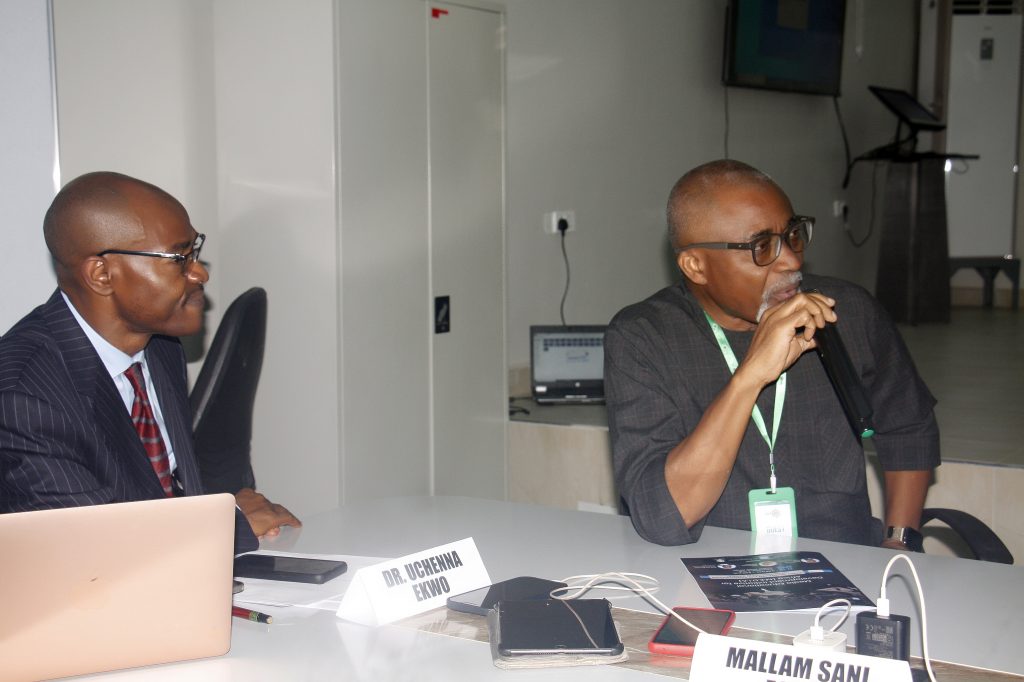
Senator Enyinna Abaribe explains a point while Dr. Uchenna Ekwo looks on
Mallam Sani Zoro also called on socio-cultural organisations in the country to always preach peace for the sustenance of our democracy.
The President, Centre for Media and Peace Initiatives, Dr. Uchenna Ekwo said that peace journalism was an attempt to redefine and reconstruct the role of journalists that cover conflicts.
Dr. Ekwo also urged the media especially those reporting conflicts to adopt peace journalism in their reportage.
INEC Deputy Director, Dr. Chukwuemeka Ugboaja said that peace journalism would be achieved when a story was based on truth and accuracy.
He urged the media not to mix up accuracy with propaganda.
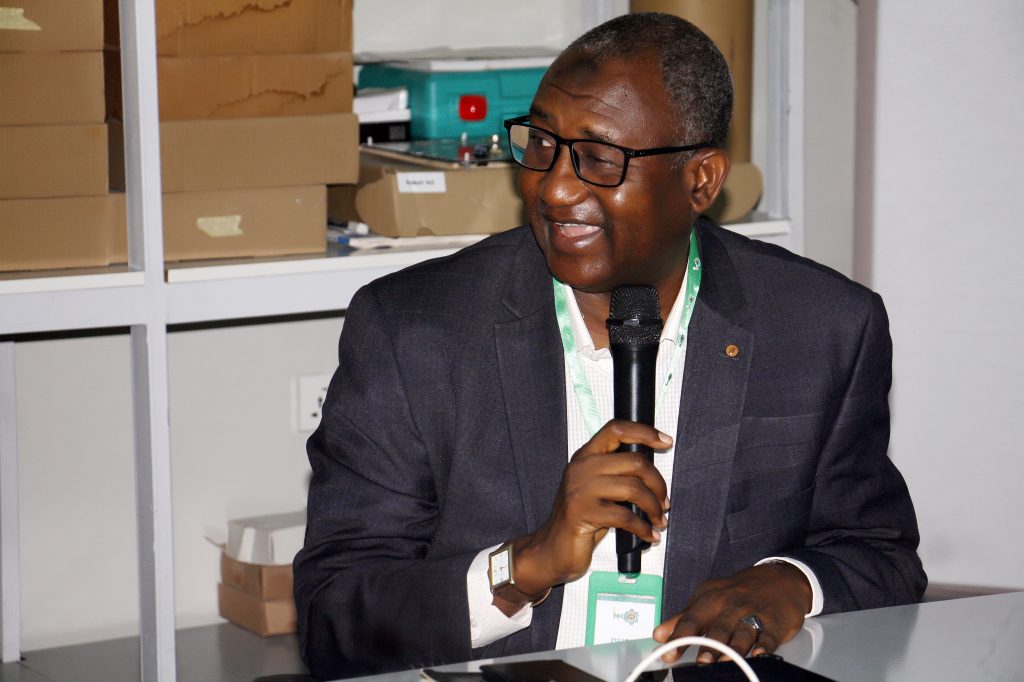
Mallam Sani Zoro speaking at the forum

